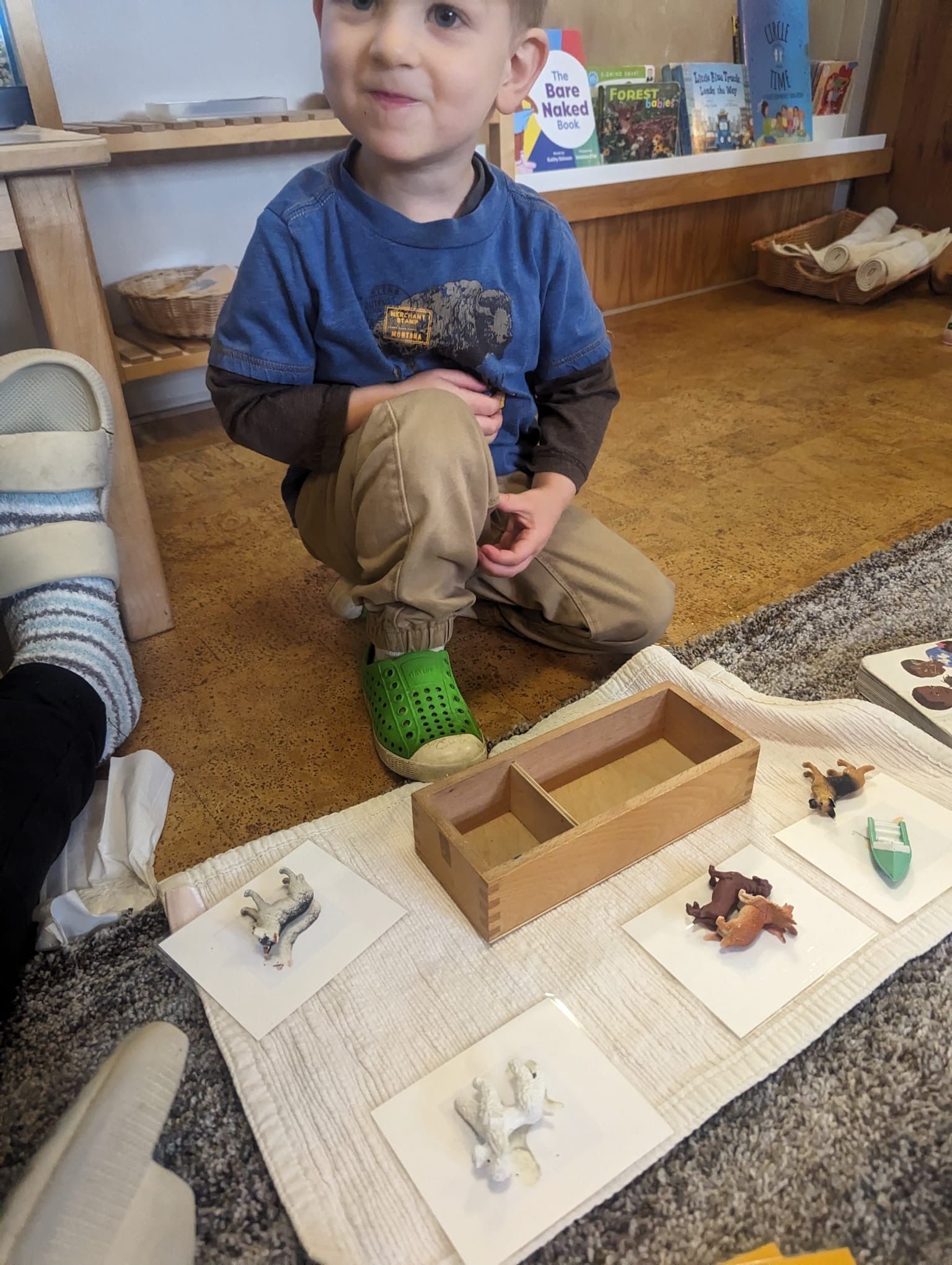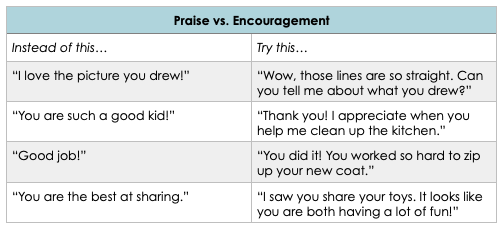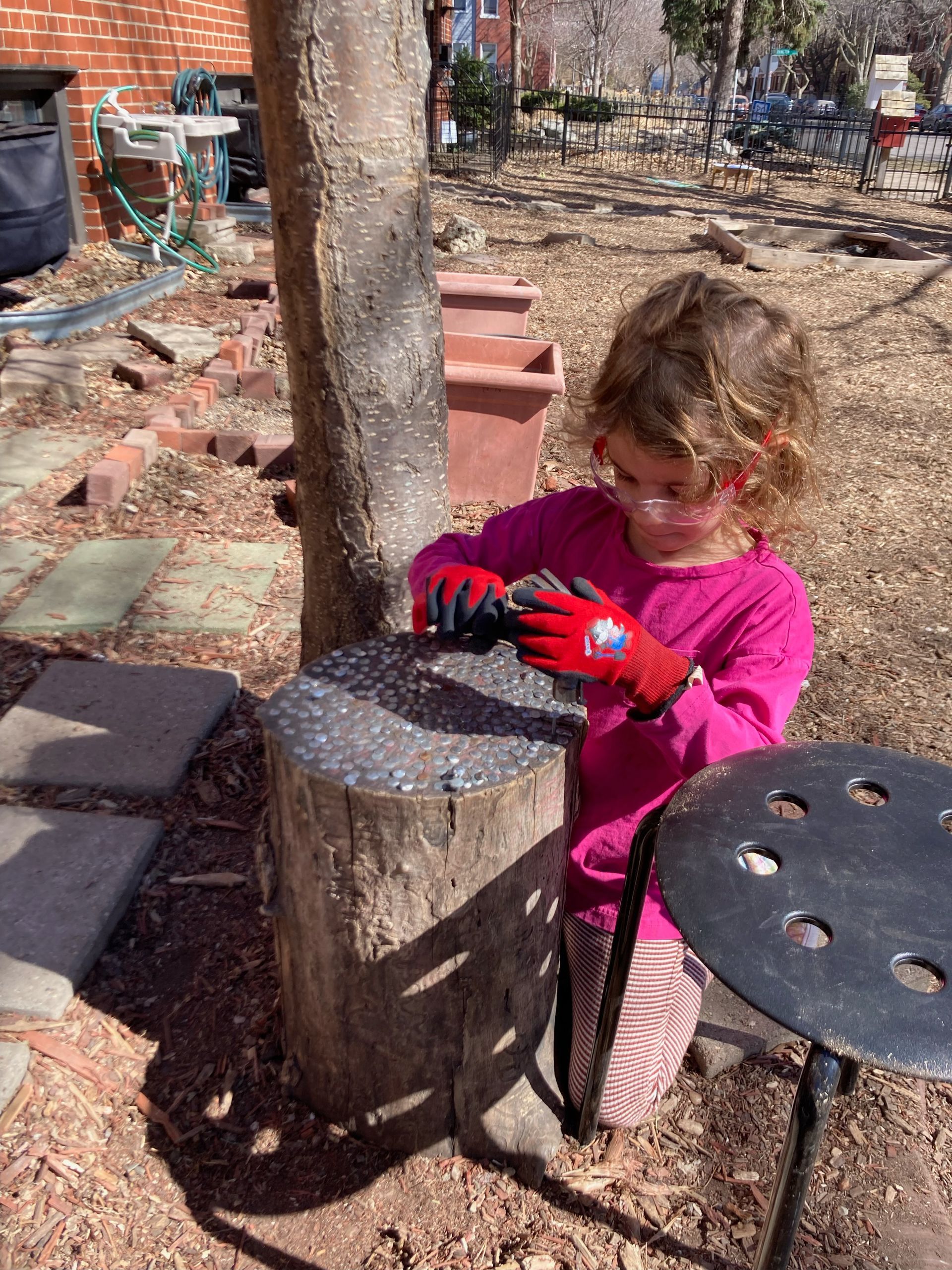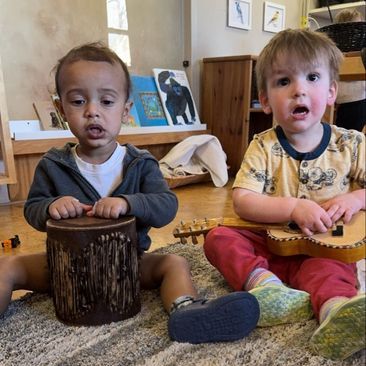Using Positive Language

Here at Cathedral Hill, we know that the language we use with children supports their social and emotional growth. Our words matter. How we use them, the tone in which we use them, what our message is, and how we speak to one another all play a role in how children absorb and express language. Infants and toddlers learn differently than adults and the way we speak to them needs to be tailored to their specific learning styles. I will briefly outline a few of the ways children learn, and how adults can alter their language to support development.
Positive Phrases: The way we speak to children can have a profound influence on how they react. Toddlers are learning so much and are constantly testing the world around them. So often much of what they hear in their first three years of life is adults telling them “No!” Most often this is to keep them safe and protect them. But if children are continuously hearing things like “no running” or “don't do that,” they begin to tune out the words “no” and “don’t.” Suddenly we have brought the opposite of what we want them to do to the forefront of their mind instead of what we actually want from them. Rather than starting every sentence with “no” and “don’t,” I suggest using positive phrases such as “we walk” or “pet the cat softly.” Starting with what you actually want a child to do will help them better understand and hopefully follow through with what you are asking.
Praise vs. Encouragement: As parents and educators, we want our children to feel loved, appreciated, and proud when they do something we’re proud of. So often we get stuck in a rut of praising our children for everything they do. When they learn something new, we cheer and clap and tell them how well they're doing. When they do something we ask, like throw their garbage away, we immediately praise them and tell them “good job!” And while we want to celebrate big milestones as well as small moments, when we are constantly praising children, we are creating in them a constant need for recognition of everything they do.
If a child is continuously praised for everything, they will begin to seek this out and do things simply to be acknowledged by others. They lose out on feeling any sense of pride in themselves for what they have done if others do not say it was good. They begin to think, “why would I clean up my toys if no one is going to recognize that I did it and tell me it was good?” This can cause children to constantly seek approval from others as they get older.
What we want is for children to develop their own sense of pride in what they do, and for them to be intrinsically motivated rather than motivated by others. Instead of repeatedly telling children “good job,” we acknowledge their behavior but immediately bring it back to them. “Thank for you for putting your work away. It helps keep our house clean.” Or “You walked! Doesn’t it feel amazing to be able to move your body that way while keeping others safe?” We can still show excitement and joy for the accomplishments our children make, but we always want to turn it back to their experience instead of on ourselves. It is so fun to see how proud a child is when they do something on their own!
Breanna
You might also like
PROGRAMS
Privacy Policy | Accessibility
Cathedral Hill Montessori School
Cathedral Hill Montessori School







